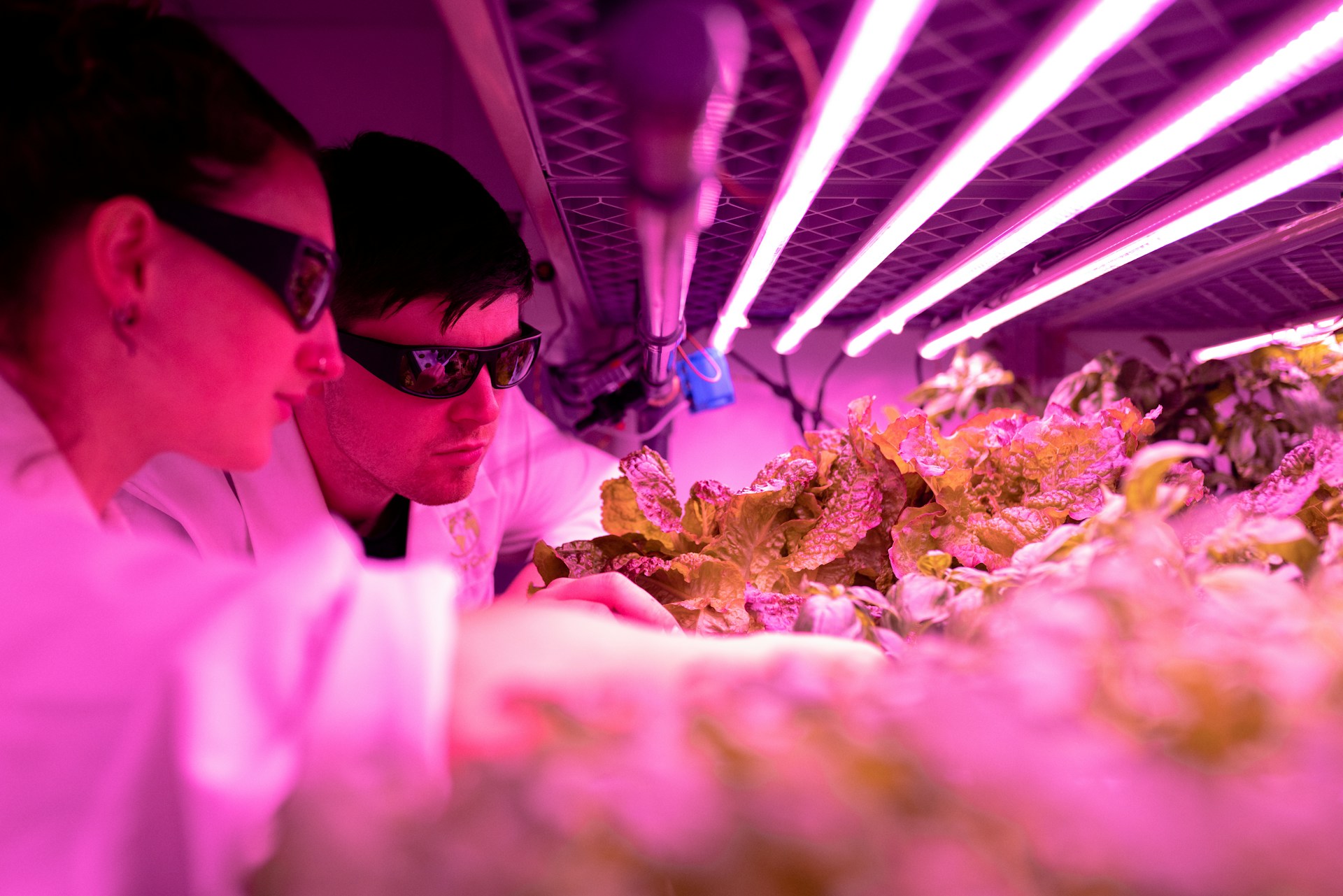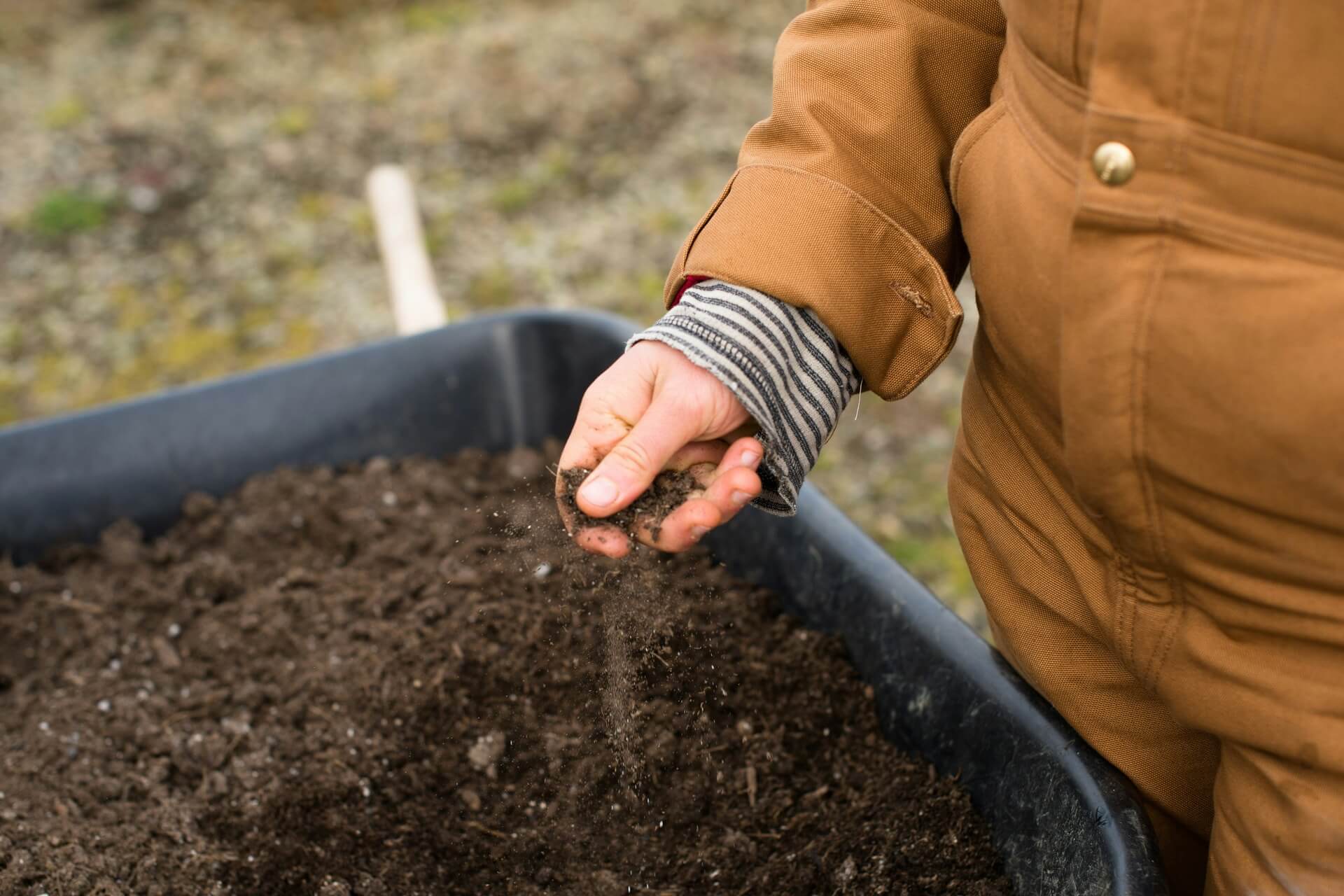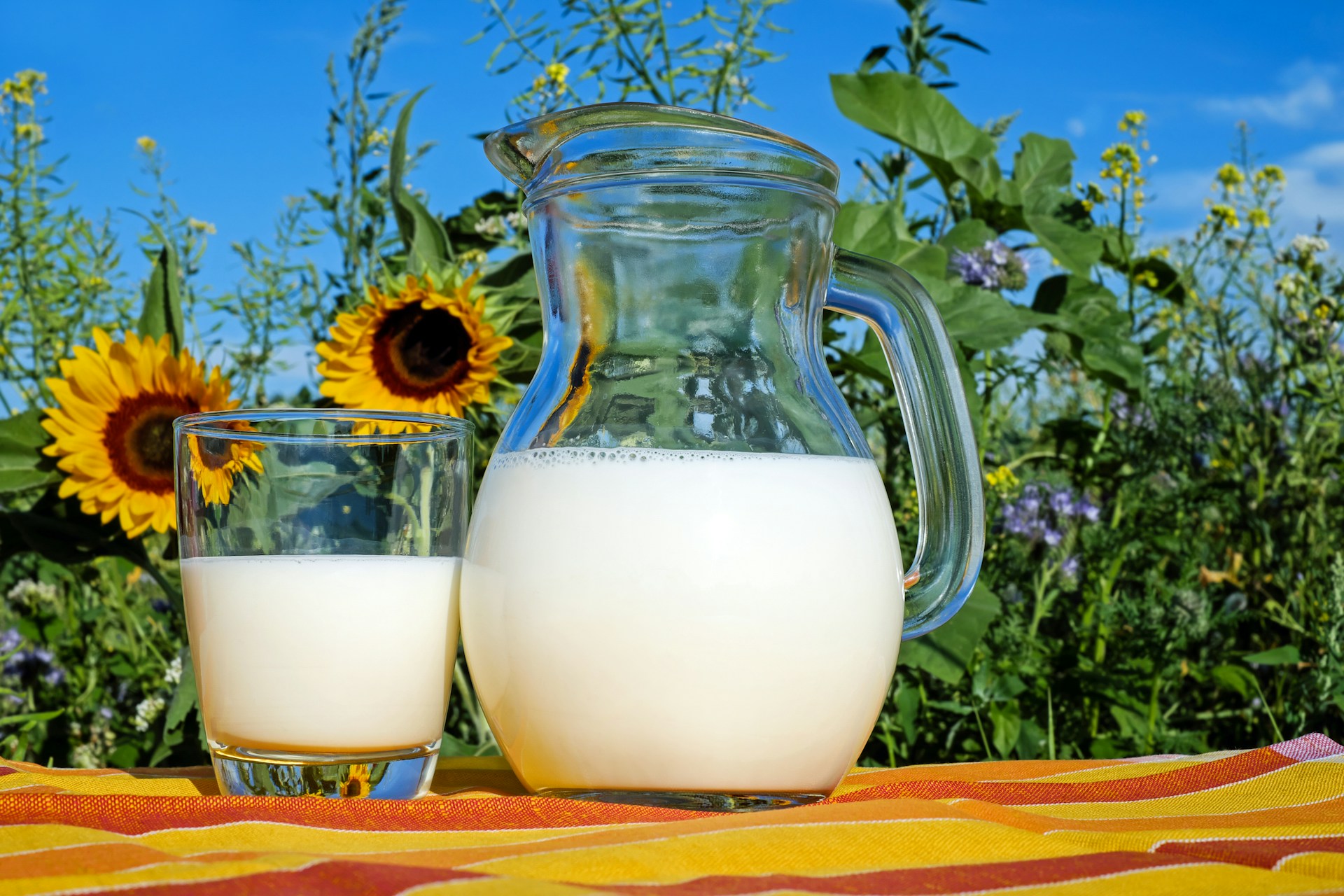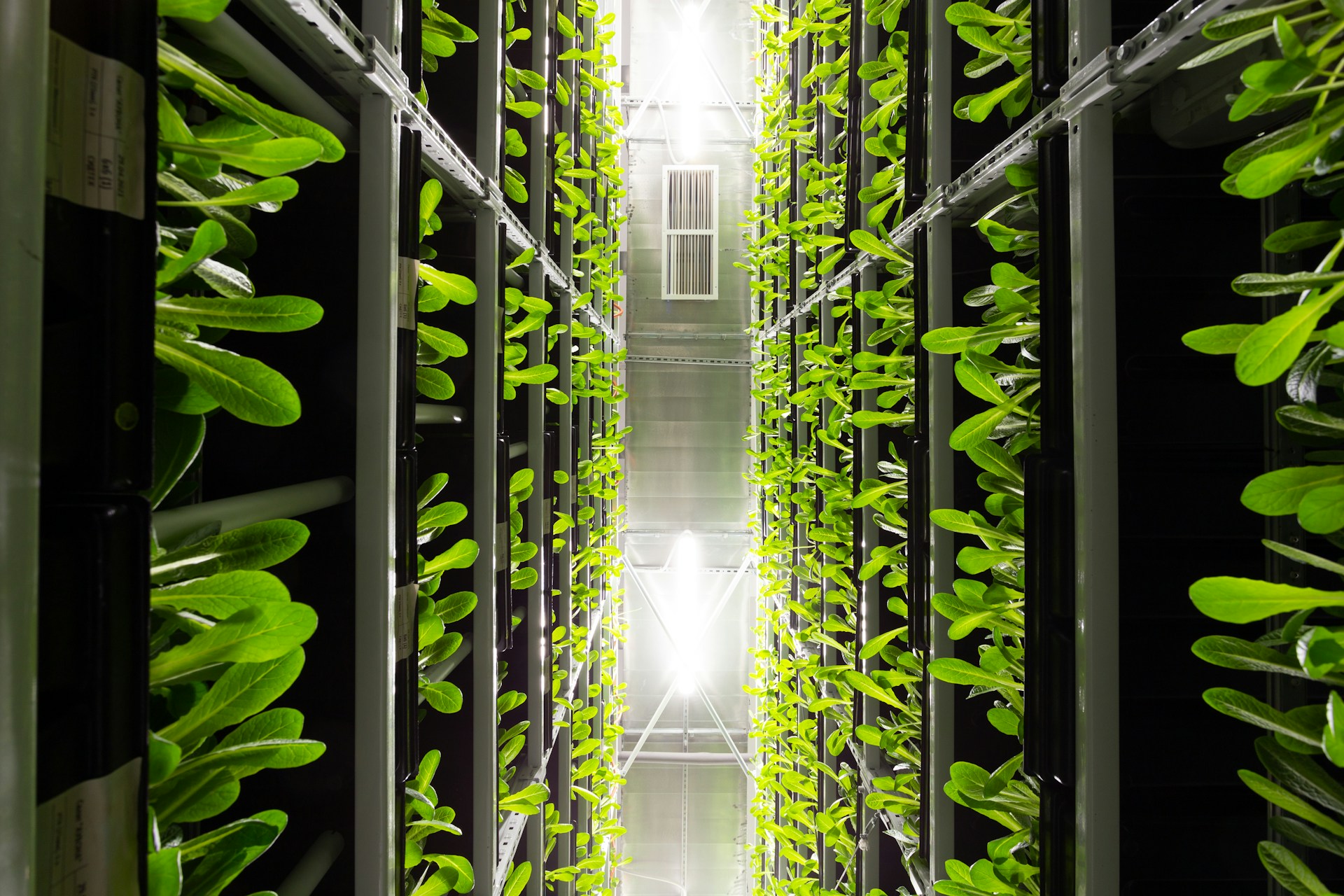
Synthetic Biology for Sustainable Agriculture
April 24, 2025 - Emily Newton
Revolutionized is reader-supported. When you buy through links on our site, we may earn an affiliate commission. Learn more here.
The world needs sustainable agriculture. Farming is essential to feed a growing population and provide renewable resources to manufacturers, but conventional approaches are environmentally destructive. Several changes are necessary to ensure crops continue to grow while reducing their environmental impact, and synthetic biology may be one of the most promising.
What Is Synthetic Biology?
Synthetic biology is the practice of modifying organisms’ genetic makeup to give them new traits. At its most extreme, that may include creating entirely new life forms, but in most cases, it involves changing existing ones.
Processes like genome editing and DNA sequencing have already led to significant scientific breakthroughs. The Government Accountability Office points out that synthetic biology helped produce COVID-19 vaccines so quickly, thanks to sequencing the virus’s genome. This practice has also led to the development of several plant-based meat products and new types of cheese.
In agriculture, this field of research would deal largely with modifying crop species. Many fruits and vegetables grown today are genetically modified to some extent, but applying new technologies could give them groundbreaking characteristics and even create new types of crops.
How Does Synthetic Biology Enable Sustainable Agriculture?
Editing plants’ DNA could promote a more sustainable agricultural industry through several means. Some such use cases are already underway.
Improving Crop Yields
The most obvious application of synthetic biology in sustainable agriculture is to increase crop yields. Genetically engineered plants can produce more food in each harvest, which is critical to balancing nutritional needs with environmentalism.
A growing population means farms must produce more food, but expanding farms’ footprint is not a viable option beyond a certain point. Large farms already contribute significantly to habitat loss, soil erosion and resource scarcity. Pushing them further could eventually reach a point of no return for the environment.
However, bioengineered crops could produce more food without needing additional space or seeding. As a result, farms could still feed a larger population without increasing their expansion into surrounding ecosystems.
Boosting Crop Resilience
Similarly, synthetic biology can make crops more resilient to a shifting environment. Even if the world staves off the worst effects of climate change, conditions may still shift in the short term. Rising temperatures, fluctuating humidity and other factors may limit crop growth, resulting in lower yields, unless humans help plants adapt.
Bioengineering could give crops in one hardiness zone the resilience of those from others. As a result, they’d resist cooler temperatures or different growing seasons to prevent food scarcity concerns as larger environmental efforts take time to produce results.
More resilient plant life would also translate into less waste. Consequently, farms could feed more people or maintain the same level of output without using more resources for multiple harvests or expanded farms.
Reducing Water Consumption
Another use case for synthetic biology in agriculture is to modify plants to require less water. In addition to expanding possible growing sites, such a change would reduce farming’s considerable contributions to water scarcity and related issues.
Agricultural production accounts for 70% of freshwater withdrawals globally, and food demands could rise by 50% by 2050. That pace is unsustainable, so farms must find ways to use less water. Smart irrigation is one helpful solution, but any path would be easier if the crops themselves required less water to begin with.
Several plant species don’t need much moisture to thrive. Granting these characteristics to water-hungry crops through genetic engineering could have monumental impacts on farms’ water consumption.
Lowering Pesticide Demands
Synthetic biologists could also engineer crops to be more resistant to insects and other pests. Just as with water demands, some plants naturally repel pests that affect others, so it’s theoretically possible to imbue other species with this trait. Doing so could encourage farms to use less pesticide.
Bioengineering has already produced crops that resist disease without fertilizers, reducing the risks of chemical runoff into the surrounding environment. Pest-resistant plants would have similar benefits. Yields would increase without increasing chemical pollutants.
As a secondary benefit, reducing pesticide demand would improve farms’ operating margins. Lower ongoing costs could justify spending on other technologies like solar power or electrified heavy machinery.
Enabling a Circular Economy
Modifying existing plant species or creating new ones could also expand what bio-resources can do. As plant-based resources become increasingly versatile, recyclability and other tenets of a circular economy become easier to achieve.
Conventional plastics take centuries to degrade, but bio-based alternatives can dissolve quickly into the soil without introducing destructive chemicals into the ecosystem. Synthetic biology can heighten such benefits by making plant cell structures more conducive to this use case. Faster-growing crops would also help by enabling a more widely available raw material supply.
Recyclable or compostable alternatives to textiles, construction materials and other resources could all have similar benefits. As these options grow, companies could reduce the environmental impact of their supply chains without extreme costs or complications.
Remaining Challenges in Synthetic Biology
As promising as synthetic biology is for sustainable agriculture, a few obstacles remain. Many of these use cases are still in their early stages of research. Consequently, it will take additional time, funding and development to ensure they’re viable on a commercial scale.
Bioengineered crops may also impact job availability in some regions. Slower farm expansion and a reduced need for ongoing care are beneficial for the environment but may take away some agricultural roles. Consequently, organizations will need to invest in reskilling programs in affected areas.
The long-term effects of extensive bioengineering are also unclear. A process may give an organism a desired trait, but it will take considerable observation to see if it also introduces unwanted characteristics in the broader environment. Genes are complex, so even small changes could produce large side effects.
Synthetic Biology May Be a Crucial Step for Climate Science
Despite the lingering challenges, the benefits of synthetic biology in sustainable agriculture are too great to ignore. These gene-editing applications are not a complete environmental solution on their own but could be an important piece of a larger movement. Further research and development is critical to understand the full potential.
Farming must adapt to both serve a growing population and reduce its environmental impact. Modifying crops’ genetic makeup could be critical to that movement, so it’s at least worth considering as climate threats rise.
Revolutionized is reader-supported. When you buy through links on our site, we may earn an affiliate commission. Learn more here.
Author
Emily Newton
Emily Newton is a technology and industrial journalist and the Editor in Chief of Revolutionized. She manages the sites publishing schedule, SEO optimization and content strategy. Emily enjoys writing and researching articles about how technology is changing every industry. When she isn't working, Emily enjoys playing video games or curling up with a good book.






